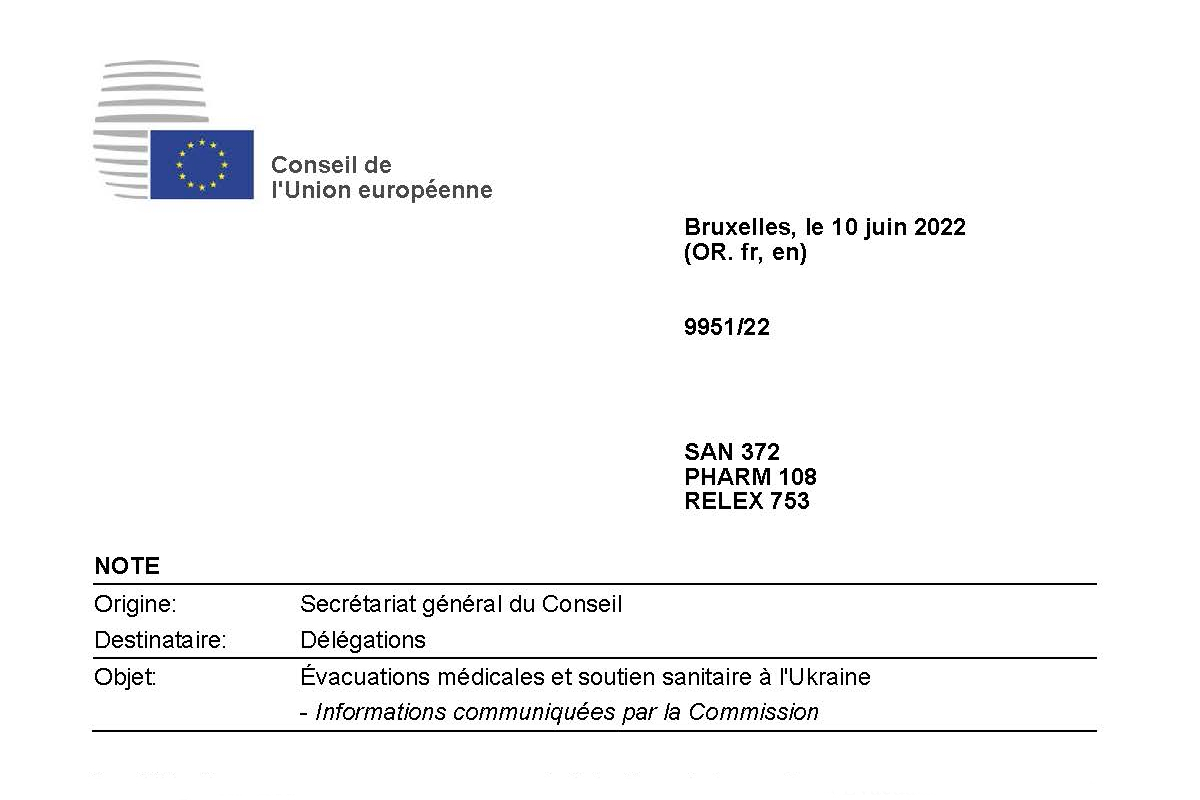EU: Rule of law: nothing to see here, Hungarian government tells the Council
Topic
Country/Region
15 June 2022
On 23 May the Council of the EU held a hearing with Hungary as part of the Article 7 procedure concerning the "clear risk of a serious breach" of the EU's founding values: human dignity, freedom, democracy, equality, the rule of law and respect for human rights. The response from the Hungarian delegation? Don't worry about a thing.
Support our work: become a Friend of Statewatch from as little as £1/€1 per month.

A long list of concerns
According to a Council document obtained by Statewatch (pdf) that summarises the hearing, the session began with initial remarks from the Hungarian delegation, followed by remarks from the Commission and questions from 18 member states.
Those questions concerned: "the perceived absence of a level playing field" in April's parliamentary elections, in which Viktor Orbán's Fidesz party secured its fourth consecutive term in office; the recently-announced state of emergency, that allows the government to rule by decree; the independence of the judiciary; and "effective access to the right to asylum", amongst many other things.
The decline in democratic standards and the rule of law in Hungary has been documented in countless media, NGO and other reports over the last decade. The Hungarian delegation at the Council meeting showed, unsurprisingly, no interest in these concerns.
Nothing to see here
On the parliamentary elections (all underlining in the original document):
"...the Hungarian delegation stated that the elections of 3 April 2022 had been free and fair and that international observers had found no irregularities."
On the state of emergency:
"The Hungarian delegation stated that the proposed constitutional amendment on the state of emergency was needed in order to respond appropriately to a war in Hungary’s neighbourhood and to prepare the country for the economic consequences."
On the independence of the judiciary:
"The Hungarian delegation stated that in Hungary the executive branch had no influence on the appointment of judges and that their selection was based on objective criteria. The delegation further stated that the appointment of a former constitutional judge as president of the Kúria was supported by a two-thirds majority in the national assembly and that the candidate met all the requirements in terms of professional competence and of independence."
On the right to asylum:
"The Hungarian delegation stated that the rights of asylum seekers were fully respected. The delegation further stated that the rulings of the Court of Justice of the European Union were being implemented and that humanitarian support was not penalised, with only those facilitating illegal migration being targeted."
And so on, regardless of the issue in question. After two-and-a-half hours, the hearing ended, with the French Presidency declaring that "the General Affairs Council would remain seized of this matter." Whether it will do anything else remains to be seen.
Documentation
- NOTE from: General Secretariat of the Council to: Delegations: Values of the Union - Hungary - Article 7(1) TEU Reasoned Proposal - Report on the hearing held by the Council on 23 May 2022 (Council doc. 9574/22, LIMITE, 10 June 2022, pdf)
Further reading
- 27 July 2021: EU: Rule of law: reports of Council hearings of Hungary and Poland
- 5 November 2020: EU: Suspension of extradition to Poland: legal experts call for political intervention to protect rule of law
- 26 February 2020: Open Letter to the EU about Climate of Racism in Hungary
Image: Hans Permana, CC BY-NC 2.0
Our work is only possible with your support.
Become a Friend of Statewatch from as little as £1/€1 per month.
Spotted an error? If you've spotted a problem with this page, just click once to let us know.

